[This is intended as a companion piece to my recent article on the show, Solar Opposites. You don’t need to read it, but it may be helpful, to make sense of some references made back to it.]
It’s not hard to make me cry. That’s basically the point of this entire series; especially when it comes to audio-visual art. Film and tv have driven me to tears more times than I can count, and I’ve already provided plenty of examples of the different ways, from nostalgia and quintessential writing to pure excitement, and fathers and sons shit. However, there is one trigger to rule them all. It’s the same for most people. It is the death of–or cruelty to–animals.
A lot of people share this trigger, enough that most people would consider its deployment in art a bit of a cheat, something that brings us to last week’s piece. Last week, I established that the cartoon Solar Opposites engaged in an impressive display of micro-cinema during its first season, with its seventh episode: “Terry and Korvo Steal a Bear.” That episode functioned as a mini-action film, and its script was so tight and impressive, I spent an entire article singing its praises. (I also established that the episode functioned more as a short film than as an episode of television, thereby allowing me to write about it under this website’s strict content guidelines. Music, Movies and Hoops, only, people.)
Last week’s article also discussed cheating. In that context, it was referring to narrative tricks, such as prequel minisodes and “meta-jumping,” used to cut exposition and tell a story as quickly and efficiently as possible. Here, the cheat in question is the arrow-to-the-heart that is seeing an animal harmed on screen.
Perhaps calling any of those things cheating is unfair. These are just tools in an artist’s toolbox for telling a story or evoking a feeling in the audience. The reason they feel like “a cheat” is because these tools allow an artist to accomplish these things quickly, and without a lot of work. They’re hacks. (And use them too much and you become one! Ba dun, chh.)
*Minor spoilers for Solar Opposites s1e7*
In the episode I covered last week, the adorable Molly the Mouse is introduced at the start of the story. As all the humans have been shrunk to an inch tall, she is comparatively huge, the size of a cow. She is animated as cute, and friendly, and a loving companion to her human, Steve.

I cried when I watched this. This shouldn’t have been surprising. As I said at the top, it’s not hard to make me cry, and seeing an adorable little mouse expire is designed to cut straight into that lizard-brain part of a person. Nonetheless, I was caught off guard– for all that, I was still just watching a silly cartoon, after all.
There was a clear reason why this happened. It wasn’t just because the deck was stacked by the emotionally manipulative subject matter or my own natural proclivity towards tears–I wouldn’t just cry at a cartoon, I am toxically masculine. The extra element, the tipping point, was that I had just lost my best friend.
Cassie wasn’t my dog, not mine alone. She was my family’s dog. Nonetheless, I believe she and I shared a special bond. It starts with her name, which I gave her. Cassandra was named for my favorite Greek myth. I also think it’s a beautiful name, in general, and one that lends itself to easy nicknaming. Cassie collected nicknames from me like it was her job. Sassy Cassie, Cassafras, and lil’ Cassie Nova, are a few. Most of all, I called her Smoofy or Smoof. It started as “smoochy poochy,” but evolved. Anyway…
Of all the animals people don’t like seeing harmed on-screen, dogs are most likely the top of the list. It isn’t hard to understand why–they have been genetically engineered over thousands of years to be as appealing to humans as possible, and unlike the other big American pet, cats, they emote. They whine and cry when they are sad. They literally make puppy-dog eyes. When they’re happy, they smile.
Cassie was a smiler. Golden retrievers often are, they have happy faces, but Cassie really let you know when she was happy about something.
She wasn’t bad at puppy-dog eyes, either.
She also wasn’t shy about letting you know what she wanted. For instance, let’s say she wanted a tummy rub:
If there was one thing Cassie loved, though. It was “ball.” She loved playing ball. She was a baller. I still remember the first time she ever saw one. It was in my parents’ backyard, just a few days after my father had brought her home. Sunk halfway into a freshly fallen snow was a soccer ball. What was this thing? It was round! She’d never seen something round before.
She approached it warily. Paused. Circled it. It was almost as big as she was. Finally, she pounced, and the second she laid paws on it she immediately leapt off it again. She barked at it, a tiny yip that would never truly deepen. (Cassie always had a “wimpy bark.” More of an “eef arf oof” than a true woof. When she got older, she tended more towards a howl. Awooooo!)
The ball was not intimidated, but from that moment on, she was obsessed. Playing fetch was all she ever wanted to do for the rest of her life. She never had to be taught how to play, she just understood the game, and that is what made Cassie so special.

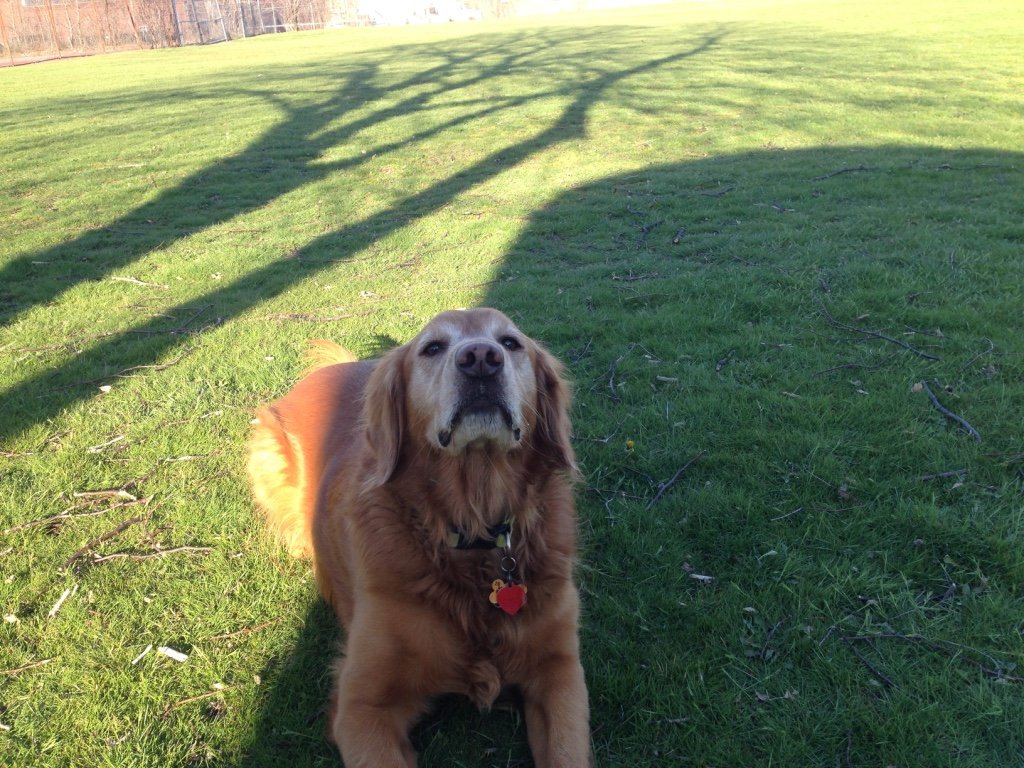
Cassie never had to be taught anything. She never had to be trained. Whenever it came to things other dogs had to learn, Cassie always just understood. Granted, she might have her own unique way of going about it–balls all needed to be chewed relentlessly, to make sure that they were dead before they were returned for the next throw–but it was known.
We never fenced in our yard. We never formally trained her. And it never mattered. Letting her off-leash was never a problem, especially for me. Cassie responded to me like we’d had a mind-meld.
Though she lived at my parents’ house, Cassie always felt to me like she was my dog. Obviously, the entire family loved her, and she loved them, but somehow, the two of us seemed to get each other on a different wavelength. I only ever had to look at her, and I could feel that mind-meld working. We each knew what the other was thinking. The slightest head tilt, or the word “Cass,” was all it ever took to bring her to my side.
She was my best friend. As trite and cliche as it might sound, I mean it literally. Over the time that she was in my life, Cassie was my most constant companion.

When we first got Cassie, I was in law school. It was a stressful time in my life, and I frequently stole her from my parents’ house to bring to my own apartment for weekends. These visits helped me cope with the stress, and forged our initial bond.
You can see, too, that she was a friendly, popular girl.
And an excellent stress-reliever.
After I graduated, I moved to New York City. Although the City is a fun place, it can also be an isolating one. I was blessed with a wonderful social circle, but by the end of my third year, many of my friends had themselves moved on. This began a slightly darker period in my life, where I felt very alone. My life raft during this period was Cassie Nova. During that last year, I was shipping up to Boston every other weekend, just to visit her. She helped me feel sane.
When I returned to Boston, things weren’t much better–I was entering a prolonged period of un-and under-employment, and living at home with my parents. The lone bright spot was my sweet girl, who slept with me every night. Which wasn’t always for the best–she had a propensity for stealing spots.
Finally, the ship righted, and things got back on course, and still, Cassie remained the great constant. When I moved back out of my parents’ place, I didn’t move far. I was still close enough that I could visit often, and take her out for walks or trips to the park to play ball. She would get so excited in the passenger seat of my car that she would literally tremble when the field came into view.
And not for nothing, she could be very, very silly.
Then, one day in July, she started to limp. She was favoring her back right leg, but we didn’t think anything of it–she was an athletic dog, she probably pulled something; it would get better if she rested. In August, she was avoiding the leg entirely.
In September, we took her to the vet. Angell Memorial happened to be next door to my work, so I stopped by on my lunch break, expecting to meet my dad and sister, and get some midday doggy-time. They would tell us she had a torn ACL or something, and I’d go back to the office happy and covered in hair.
They told us she had cancer, and she had two months to live. There was nothing we could do. We could amputate the leg, and it would buy her a couple of months, but that was all. She was 10 years old.
It wasn’t fair. She was so young. I know 10 is getting on in years for a Golden, but by all rights, she could have made it to 14, or at least 12. We were robbed of those years.
And though we chose not to take her leg, she still lost her ability to run, and that was the cruelest twist of all. She was an athlete. There was nothing she loved more than to run, full speed, after a ball. She had the most beautiful stride. My favorite thing to do was bounce a ball high into the sky and watch her leap into the air and catch it. No more.

Though she lost her ability to run, I was determined to make her final months as full of love and entertainment as possible. We couldn’t play fetch, but I fetched for her. We sat her out in the yard, and I threw her the ball. She caught it in her mouth, dropped it, and knocked it back to me with her nose–she figured the game out on her own. As I said, she was a natural genius.
One sunny afternoon, we stood outside playing this game, me, my sister, and Cassie. Sassafras was as perky as she always was, loving the attention and play, but my sister and I were somber. After a long silence, watching Smoof chew up the ball to prove her dominance, my sister looked at me and said, “She always loved you best.”
I lost it. I can’t imagine the fortitude it took to express that sentiment at that moment, and I will forever be grateful for it. I think it’s the kindest thing my sister has ever said to me. And it completely broke my heart; looking at my friend who was nearly gone.
The time finally came. Cassie’s leg deteriorated to the point where it couldn’t go on. She was uncomfortable, and we could not allow that. We scheduled a vet to come to our house.
The night before, my father and I took her out for her final walk. She was happy. She even woofed at another dog–a full, deep-chested woof, too–I was pleased by her spirit.
On the way back, she suddenly stopped in the middle of the street. She couldn’t go any further. “I think her leg is hurting,” my father said. “Well,” I said, “there’s an answer for that, too.” I picked her up in my arms and I carried her home for the last time.
—————————–
A few months later, there I was, watching Solar Opposites. Yeah, I cried over a cartoon mouse. But it wasn’t really the mouse. I was still heartbroken by my loss. It’s now two years later, and while I’m doing better, I don’t think I’ll ever really get over it.
Cassie was special. If all it takes to be a person is having a personality, then she was the best person I ever knew, gentle and happy and sweet to a fault. When Cassie looked at me, I felt loved. That’s not easy to replace in life. Life moves on, but I still miss my friend.
If we ever meet again, Cutie, don’t worry. I still remember the spot on your neck to make your leg kick.











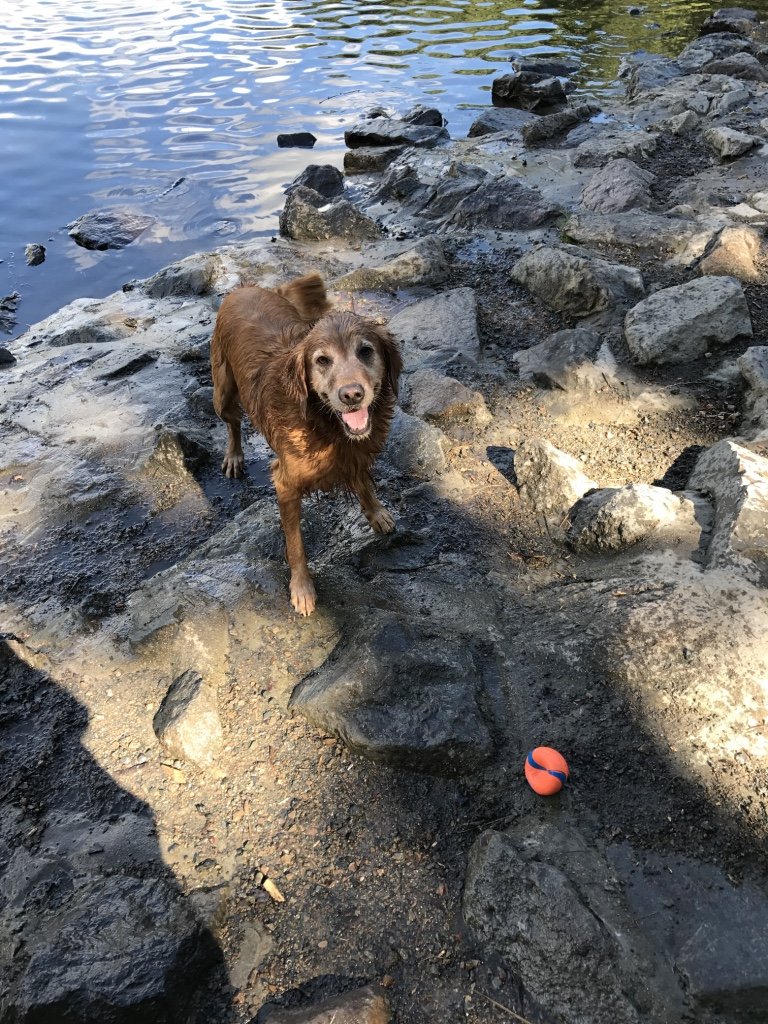



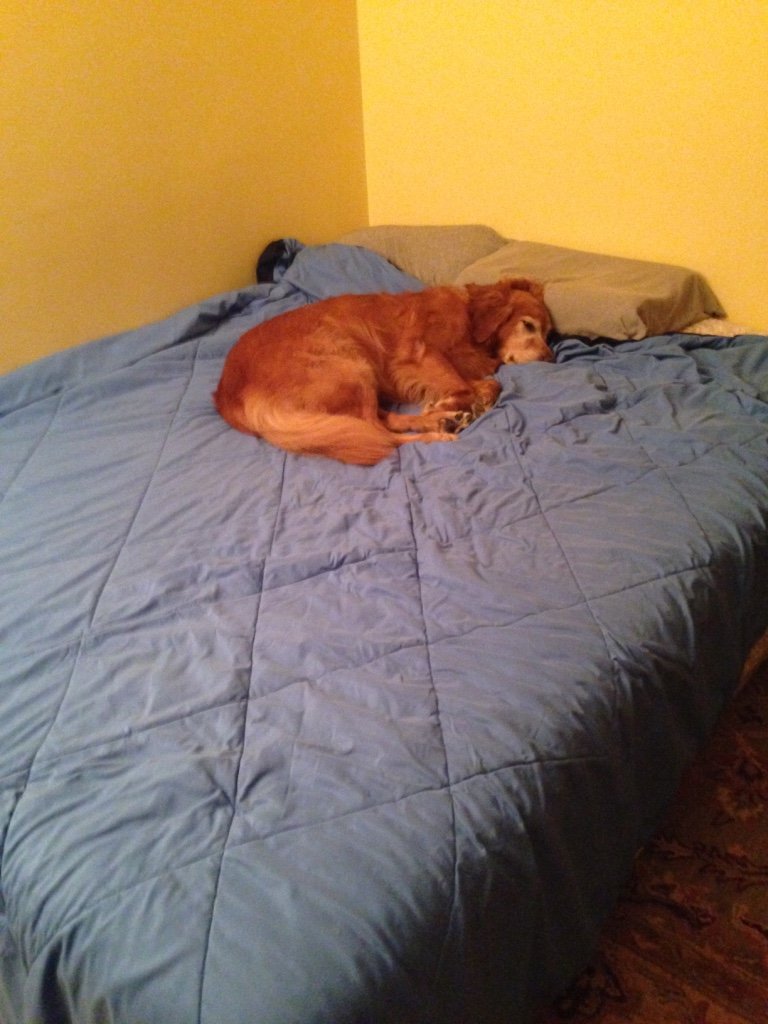






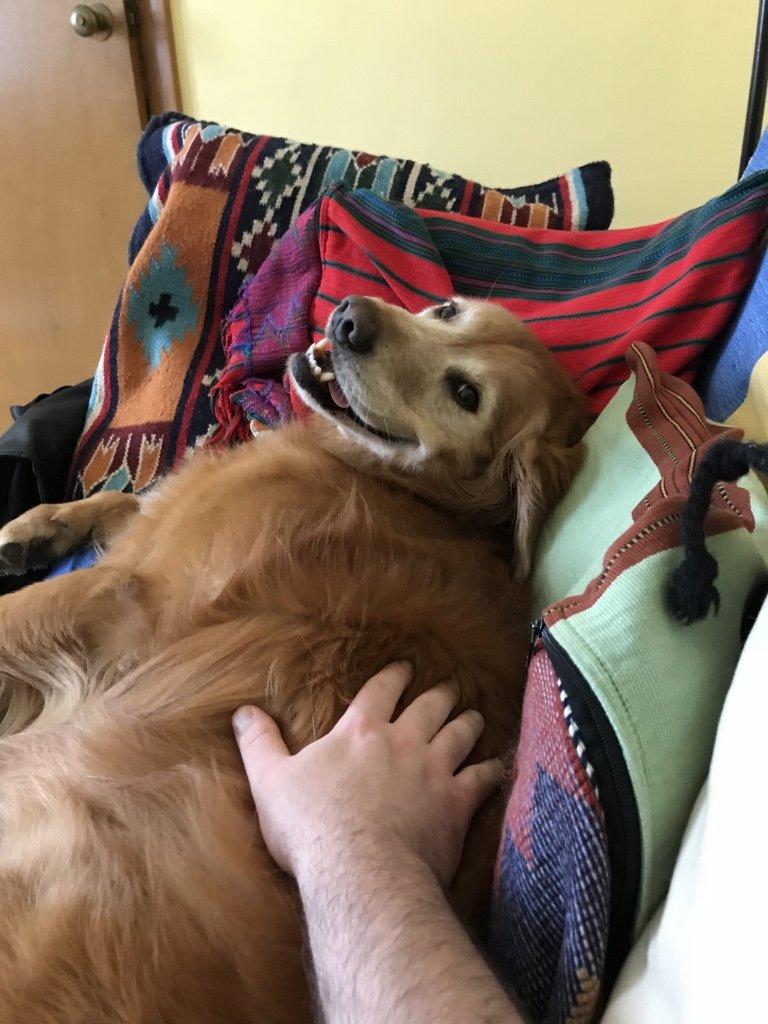


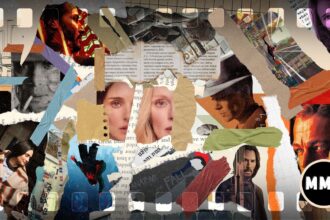
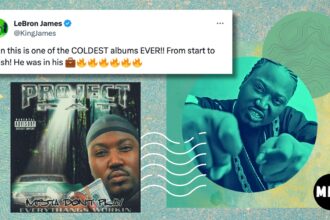


Dude, to not cry would mean you had a heart of stone. Molly’s death was bad enough, but to have to watch Steve seeing her. I’m crying now thinking of it.
Anyway, perhaps you could do some animal law, goodness knows they need a compassionate counselor on their side.